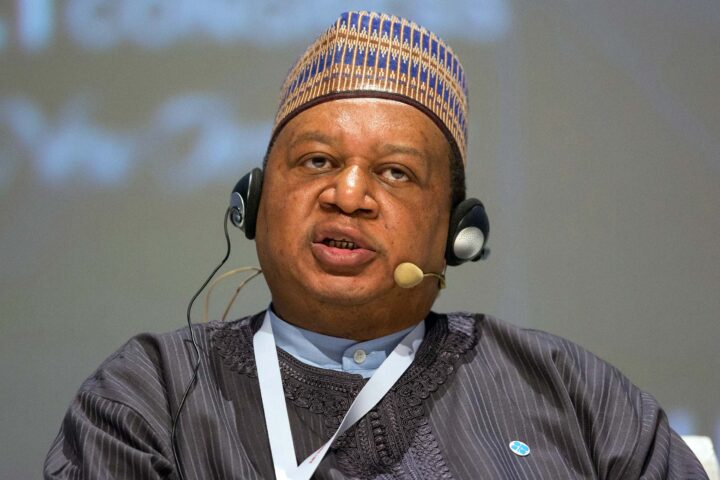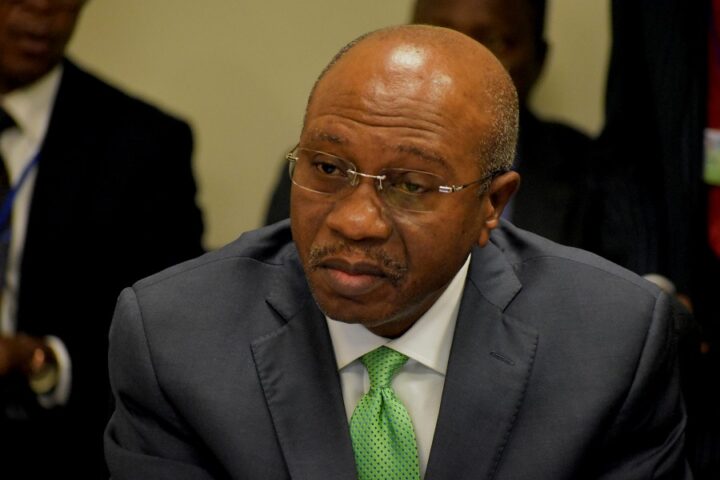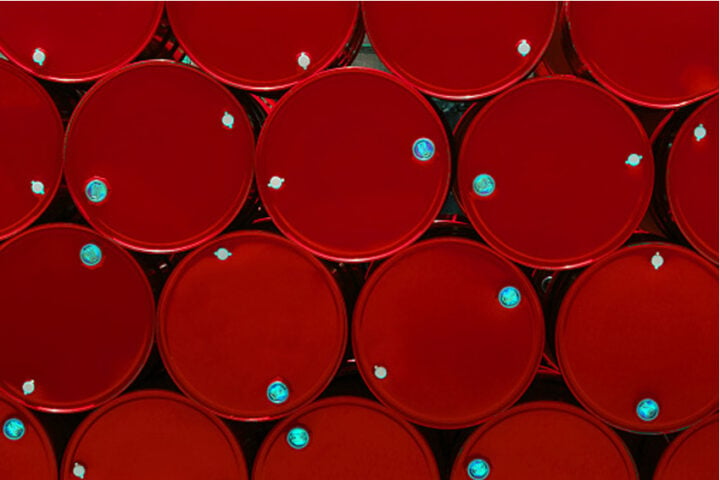Mohammad Barkindo, secretary-general, Organisation of the Petroleum Exporting Countries (OPEC) has said the ongoing Russia-Ukraine war has severe consequences on the global oil market.
According to NAN, Barkindo said this during the 15th high-level meeting of the European Union-OPEC Energy Dialogue on Monday in Vienna, Austria.
He said the current volatility in the oil market is partly due to the war.
He projected Russia’s loss of crude oil and other liquid exports to be about 7 million barrels per day – due to several sanctions imposed on the country’s energy supplies and other voluntary actions.
Advertisement
“The ramifications for the energy industry are serious, as we are witnessing economic volatility that is elevating the risk premiums for oil and other important commodities that the world counts on every day to function,” Barkindo said
“Both Ukraine and the Russian Federation are key exporters of commodities and essential agricultural goods.
“We could potentially see the loss of more than seven million barrels per day (mb/d) of Russian oil and other liquids exports, resulting from current and future sanctions or other voluntary actions.”
Advertisement
Barkindo said the last major supply disruption of this magnitude was in 1978 and 1979 when 5.6 million barrels per day (bpd) were taken off the market.
He said at that time, spare capacity levels were at 9 million bpd, nearly three times OPEC-10’s current levels, amounting to 3.3 million bpd.
Barkindo said other gross peak supply losses during the last 60 years were within the range of 1.5 to 4.3 million bpd.
“In 1980-1981 for example, there were losses of 4.1 mb/d, with spare capacity at 12.7 mb/d and in 1990-1991, we witnessed a loss of approximately 4.3 mb/d with spare capacity at 2.5 mb/d,” he said.
Advertisement
“Therefore, considering the current demand outlook, it would be nearly impossible to replace a loss in volumes of this magnitude.
“These crises have compounded to create a highly volatile market. I must point out, however, that these are non-fundamental factors that are out of our control.”
Furthermore, the secretary-general called for continued collaboration with non-OPEC partners to help support market stability and economic growth through joint decisions.
“Two years ago, we helped rescue an industry in distress during the wake of the pandemic and have helped restore it to balance and growth,” he said.
Advertisement
“I am confident we will persevere once more with the current challenges we are facing.
“However, we will need the concerted efforts of global leaders to employ this stance of multilateralism to help secure a steady flow of energy to the world.
Advertisement
“We saw this first-hand in the early days of the pandemic as leading international organisations and institutions came together under the aegis of the G20 Energy Ministers Meeting to endorse efforts to stabilise the energy markets.
“This high level of cooperation provided pivotal support to the collective efforts undertaken by our Declaration of Cooperation participating countries.’’
Advertisement
He, therefore, urged global leaders to follow this example of multilateralism and once again ensure an unhindered, stable and secure flow of energy to the whole world.
“OPEC and our non-OPEC partners will continue to remain vigilant in monitoring the daily movements of the oil market, and will continue to meet each month to discuss the latest developments and act where necessary.’’
Advertisement
According to the International Energy Agency (IEA), Russia is the world’s largest exporter of oil to global markets and the second-largest crude oil exporter behind Saudi Arabia, accounting for about 7 per cent of global supplies.
The Organisation of Petroleum Exporting Countries (OPEC) had said it would remain focused on a steady flow of energy supplies.
Add a comment






